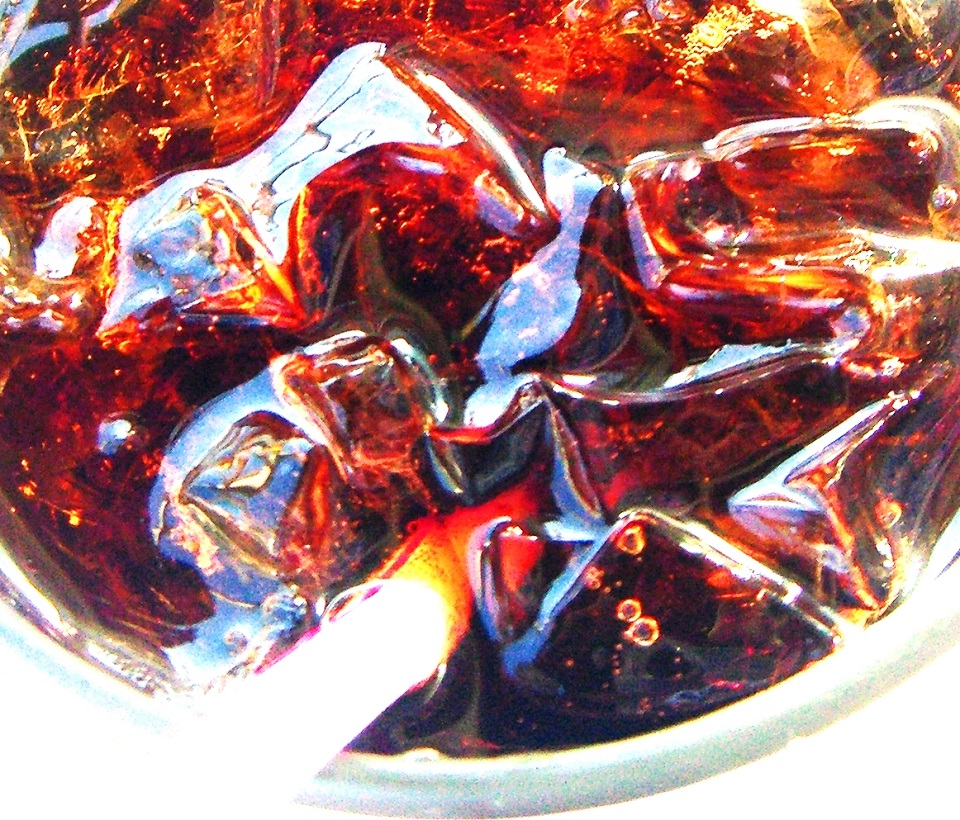
A recent study published in the American Journal of Clinical Nutrition shows a stronger association between artificial sweeteners and certain cancer types, such as lymphoma and leukemia.
This is not the first study to indicate this association, however, previous findings have only indicated a correlation between cancer and aspartame in mice, and not humans.
The scientists from Brigham and Women’s Hospital and Harvard University Medical School examined the potential risks of certain cancers in groups that consumed diet drinks. The study identified, over 22 years, 1324 non-Hodgkin lymphomas, 285 multiple myelomas, and 339 leukemias. Then they determined the study participants intake of diet sodas.
Results
The data analysis indicates that men who had greater than 1 daily serving of diet soda had an increased risk of NHLs and multiple myelomas. Women, however, had no observed increased risks. They also observed an elevated risk of non-Hodgkin lymphomas with a higher consumption of regular, sugar-sweetened soda in men but not in women. For women, neither regular nor diet soda increased the risk of leukemia but were however significantly associated with an increased leukemia risk when data for men and women were combined.
The authors conclude that although our findings preserve the possibility of a detrimental effect of a constituent of diet soda, such as aspartame, on select cancers, the inconsistent sex effects and occurrence of an apparent cancer risk in individuals who consume regular soda do not permit the ruling out of chance as an explanation.”
Abstract
Background: Despite safety reports of the artificial sweetener aspartame, health-related concerns remain.
Objective: We prospectively evaluated whether the consumption of aspartame- and sugar-containing soda is associated with risk of hematopoietic cancers.
Design: We repeatedly assessed diet in the Nurses’ Health Study (NHS) and Health Professionals Follow-Up Study (HPFS). Over 22 y, we identified 1324 non-Hodgkin lymphomas (NHLs), 285 multiple myelomas, and 339 leukemias. We calculated incidence RRs and 95% CIs by using Cox proportional hazards models.
Results: When the 2 cohorts were combined, there was no significant association between soda intake and risks of NHL and multiple myeloma. However, in men, ≥1 daily serving of diet soda increased risks of NHL (RR: 1.31; 95% CI: 1.01, 1.72) and multiple myeloma (RR: 2.02; 95% CI: 1.20, 3.40) in comparison with in men without diet soda consumption. We observed no increased risks of NHL and multiple myeloma in women. We also observed an unexpected elevated risk of NHL (RR: 1.66; 95% CI: 1.10, 2.51) with a higher consumption of regular, sugar-sweetened soda in men but not in women. In contrast, when sexes were analyzed separately with limited power, neither regular nor diet soda increased risk of leukemia but were associated with increased leukemia risk when data for men and women were combined (RR for consumption of ≥1 serving diet soda/d when the 2 cohorts were pooled: 1.42; 95% CI: 1.00, 2.02).
Conclusion: Although our findings preserve the possibility of a detrimental effect of a constituent of diet soda, such as aspartame, on select cancers, the inconsistent sex effects and occurrence of an apparent cancer risk in individuals who consume regular soda do not permit the ruling out of chance as an explanation.
______________________________
Consumption of artificial sweetener- and sugar-containing soda and risk of lymphoma and leukemia in men and women.
_______________











![OpenAI. (2025). ChatGPT [Large language model]. https://chatgpt.com](https://www.illustratedcuriosity.com/files/media/55136/b1b0b614-5b72-486c-901d-ff244549d67a-350x260.webp)
![OpenAI. (2025). ChatGPT [Large language model]. https://chatgpt.com](https://www.illustratedcuriosity.com/files/media/55124/79bc18fa-f616-4951-856f-cc724ad5d497-350x260.webp)
![OpenAI. (2025). ChatGPT [Large language model]. https://chatgpt.com](https://www.illustratedcuriosity.com/files/media/55099/2638a982-b4de-4913-8a1c-1479df352bf3-350x260.webp)








